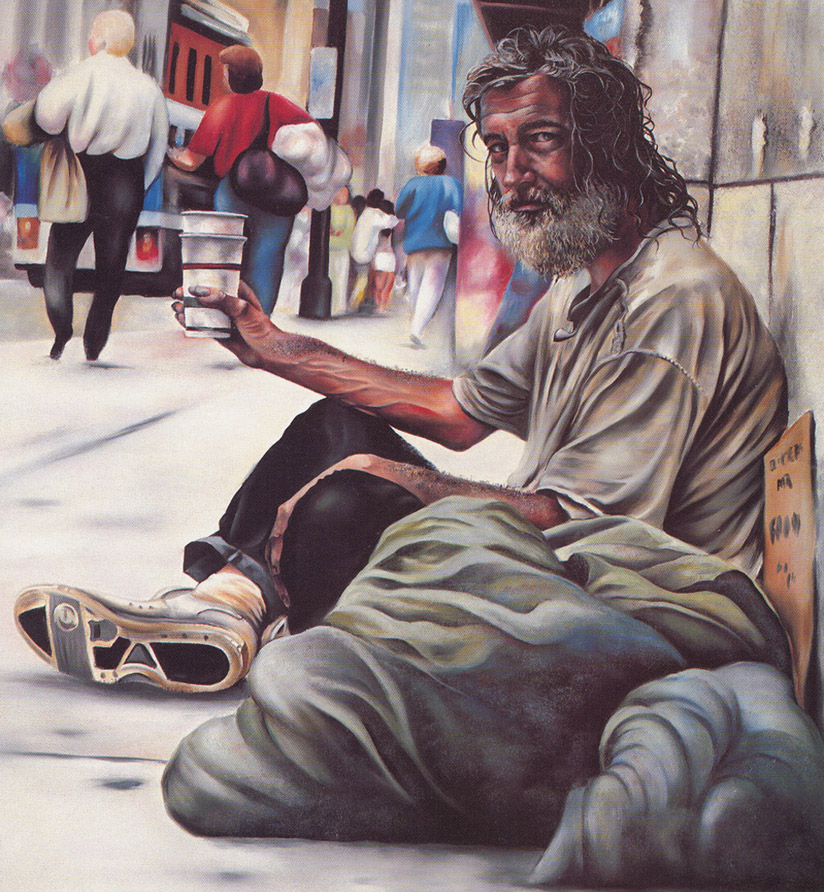by Jack Bragen
It appears to be a law of nature that you cannot get something for nothing. Does this hold true in human society? Some people would say that disabled Social Security recipients are getting “something for nothing” because supposedly we are sponging off the government and aren’t producing anything.
As someone who receives SSI and SSDI, I don’t get much, but what I do get isn’t “something for nothing.” I am forced by the government to substantiate the fact that I am “disabled” and I must periodically jump through governmental hoops to maintain my benefits.
I am in a specific pre-established category of people. This is a category in which I am forced to remain poor, and in which if I do get money from some source, I am obligated to report it.
I am also living with the actual disability, day in and day out, which prevents me from working at a 9 to 5 job. While this isn’t as hard as a 9 to 5 job, by the same token it isn’t very much money.
A panhandler does not get “something for nothing.” They must supplicate while in the process of begging. They must endure the continuous danger of being harassed, jailed or beaten by police.
They must deal with repeated rejection and sometimes insults. They must deal with the elements — hot weather, bitter cold, rain or wind. Being a beggar is not what I would call enviable.
The person who gives a few coins to the panhandler obtains the satisfaction that they helped someone. They receive the blessing of the recipient of the fifty cents or a dollar they give. (My meter money doubles as spare change should I run across someone asking for money.)
Panhandlers and disabled SSI recipients are at the bottom of the economic and social pyramid.
Those at the top, some of whom may not actually contribute much to society themselves, and who may be constantly finding new ways to extract money from the poor and middle class, have the privileges of being at the top, feeling superior, and behaving condescendingly toward those less fortunate.

Nobody is getting something for nothing. The Kardashians aren’t getting something for nothing — they get paid for being the Kardashians. So, everybody is doing something.
In Buddhism, begging is considered an honorable tradition — they are doing the work of subduing the mind and exploring the spirit. In the religious order founded by St. Francis of Assisi, the original Franciscan monks were often penniless mendicants, who wandered and prayed and begged for alms in order to support themselves.
On the street, it’s a different world, something I realized a couple decades ago when I lived among the “down and out” in downtown Martinez. Often, poor people do not get a break. They are seen as less than human in a society that worships money more than human beings.
